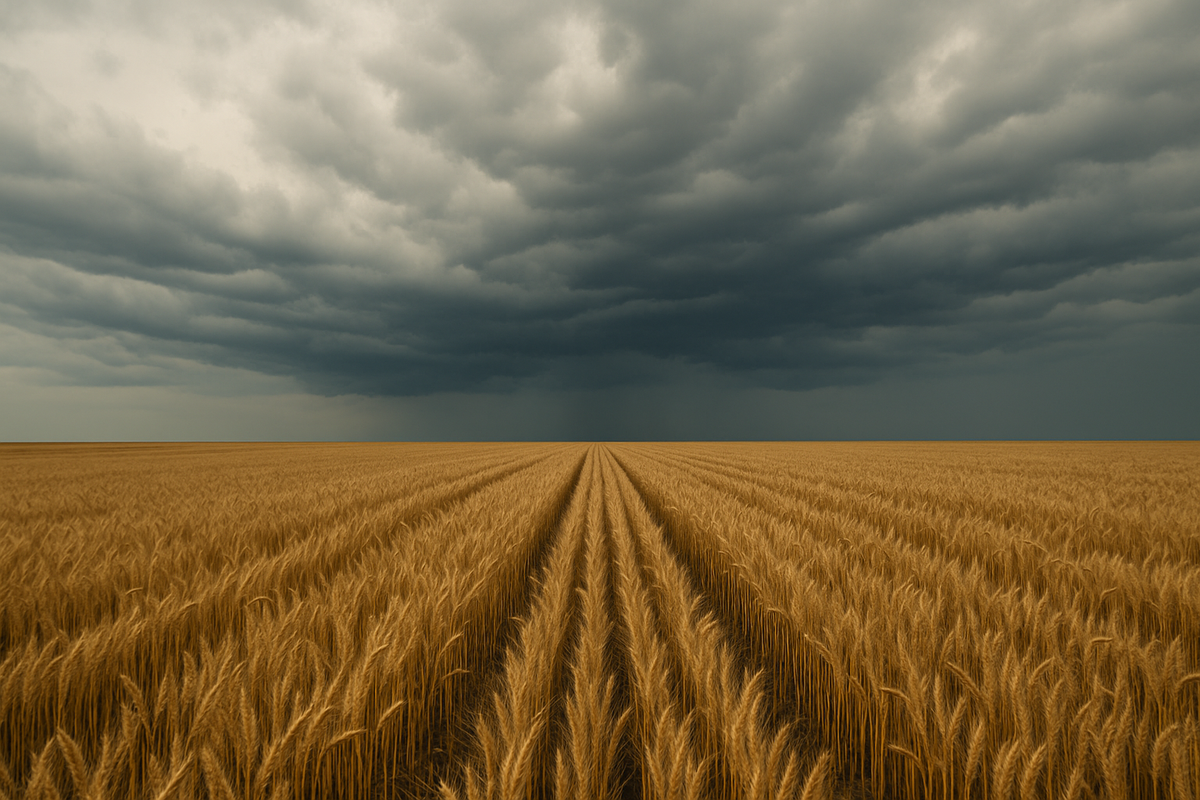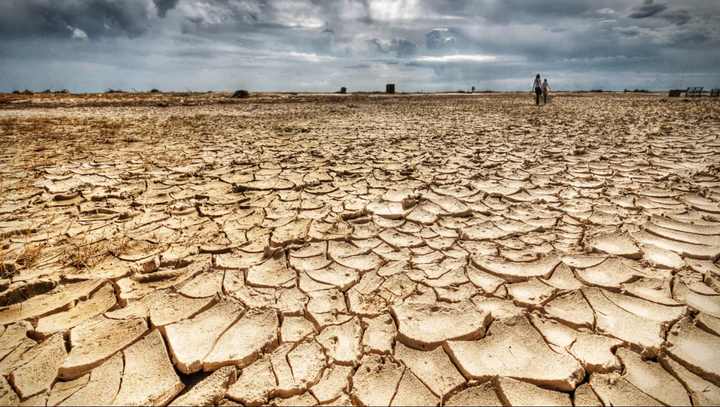“We Need Certainty”: Eastern Washington Farmers Brace for the Fallout of USDA Chaos

A Voice from the Wheat Fields
Jim Moyer has never expected farming to be easy. A fourth-generation wheat grower near Dayton, Washington, Moyer carries the legacy of a family that’s cultivated the Palouse since the 1890s. But this year, the familiar grind has taken on a new level of urgency.
“It’s never been easy,” he told NPR in May. “But right now, like almost never before, things feel like they’re on the brink. … We need certainty.”
That certainty is nowhere to be found. Amid record input costs, collapsing overseas markets, and frozen federal programs, farmers like Moyer are being asked to navigate crisis after crisis without support, or even honesty, from the federal government.
What Happened to the Farm Bill?
For over half a century, the Farm Bill has been renewed every five years through bipartisan negotiation. It’s more than crop insurance or commodity supports, it funds school nutrition, conservation, market development, and food security programs that rural communities depend on.
But in 2025, that foundation is cracking. Under Trump’s administration, nearly $300 billion in funding is being targeted for cuts, even as the full 12-title reauthorization remains stalled. At a recent House Agriculture Committee hearing, Rep. Angie Craig (D-MN) warned:
“This reckless push to cut nearly $300 billion… instead of prioritizing getting a full 5-year farm bill across the finish line… has put a bipartisan farm bill in jeopardy.”
— House Agriculture Committee, June 2025
USDA in Disarray
The Department of Agriculture, once a pillar of rural trust, has seen over 1,300 workers resign in one of its critical agencies (APHIS) since February. As a result, vital animal health and crop safety programs are on pause. Conservation grants have been frozen. The USDA Inspector General, who rooted out fraud and protected farmer resources, was abruptly fired.
Reuters confirmed in February that conservation payments and rural grants were suspended indefinitely, leaving wheat growers and livestock producers without access to programs they’ve relied on for decades. In Spokane and Asotin Counties, farmers were warned not to expect EQIP or CSP funding this year. Extension agents are left in limbo.
“Billions of dollars in farm programs remain frozen. Food banks have been defunded. School cafeterias have been cut off from sourcing locally grown food. Nutrition assistance programs are being decimated.”
— Rep. Angie Craig, June 2025
Silence from Our Congressman
While Rep. Craig and others are publicly sounding the alarm, Eastern Washington’s own Representative, Michael Baumgartner, has remained silent. He has issued no public statement on the USDA employee exodus, no defense of the local growers being sidelined by political maneuvering.
Worse yet, Baumgartner has voted in support of broader budget frameworks that cut USDA discretionary spending and failed to co-sponsor bipartisan Farm Bill reauthorization efforts.
In short: as Eastern Washington farmers cry out for stability, their congressman appears unwilling to stand with them.
Markets, Not Handouts
As Jim Moyer made clear, farmers don’t want bailouts, they want stable markets, access to export programs, and the return of the trusted USDA programs that help them compete globally. “We need certainty,” he said. But certainty requires leadership.
Baumgartner’s inaction, paired with his support for Trump-aligned policies that gut the very systems rural communities depend on, has left growers abandoned at the worst possible moment.
A Challenge to WA‑5
From the wheat fields near Dayton to the orchards in the Okanogan Valley, Eastern Washington farmers are confronting more than climate or market headwinds. They’re confronting a federal government whose dysfunction has become its defining trait. And they are stuck with a representative who appears unwilling to fight for the communities that sent him to D.C.
When the next vote comes—not just on a farm bill, but on who speaks for rural Washington—voters may want to ask who showed up when the soil got dry and the promises ran out.
“We need certainty.” Jim Moyer’s words are simple. The question now is whether anyone in power is willing to listen.

